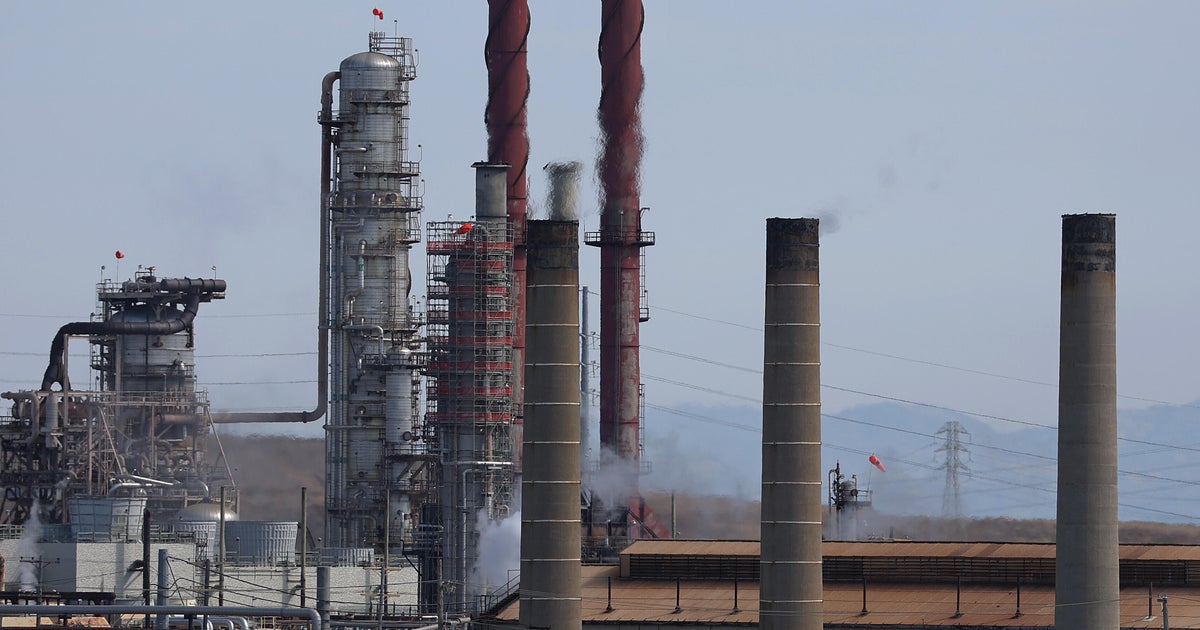Climate Catastrophe: How Big Oil's Reckless Pollution Racked Up a $28 Trillion Global Damage Bill

A groundbreaking study from Dartmouth College has revealed the staggering economic toll of climate change, linking extreme heat directly to the emissions of 111 major fossil fuel companies. The research exposes a jaw-dropping $28 trillion in economic damages over just three decades, from 1991 to 2020.
This comprehensive analysis highlights the profound financial consequences of unchecked carbon emissions, demonstrating how the actions of a relatively small number of energy companies have triggered massive global economic losses. The study not only quantifies the financial impact but also underscores the urgent need for climate action and corporate accountability.
By tracing the direct connection between fossil fuel emissions and extreme heat events, researchers have provided compelling evidence of the real-world economic devastation caused by climate change. The $28 trillion figure represents more than just a number—it's a stark reminder of the hidden costs of our current energy infrastructure and the potential savings that could be realized through sustainable practices.
